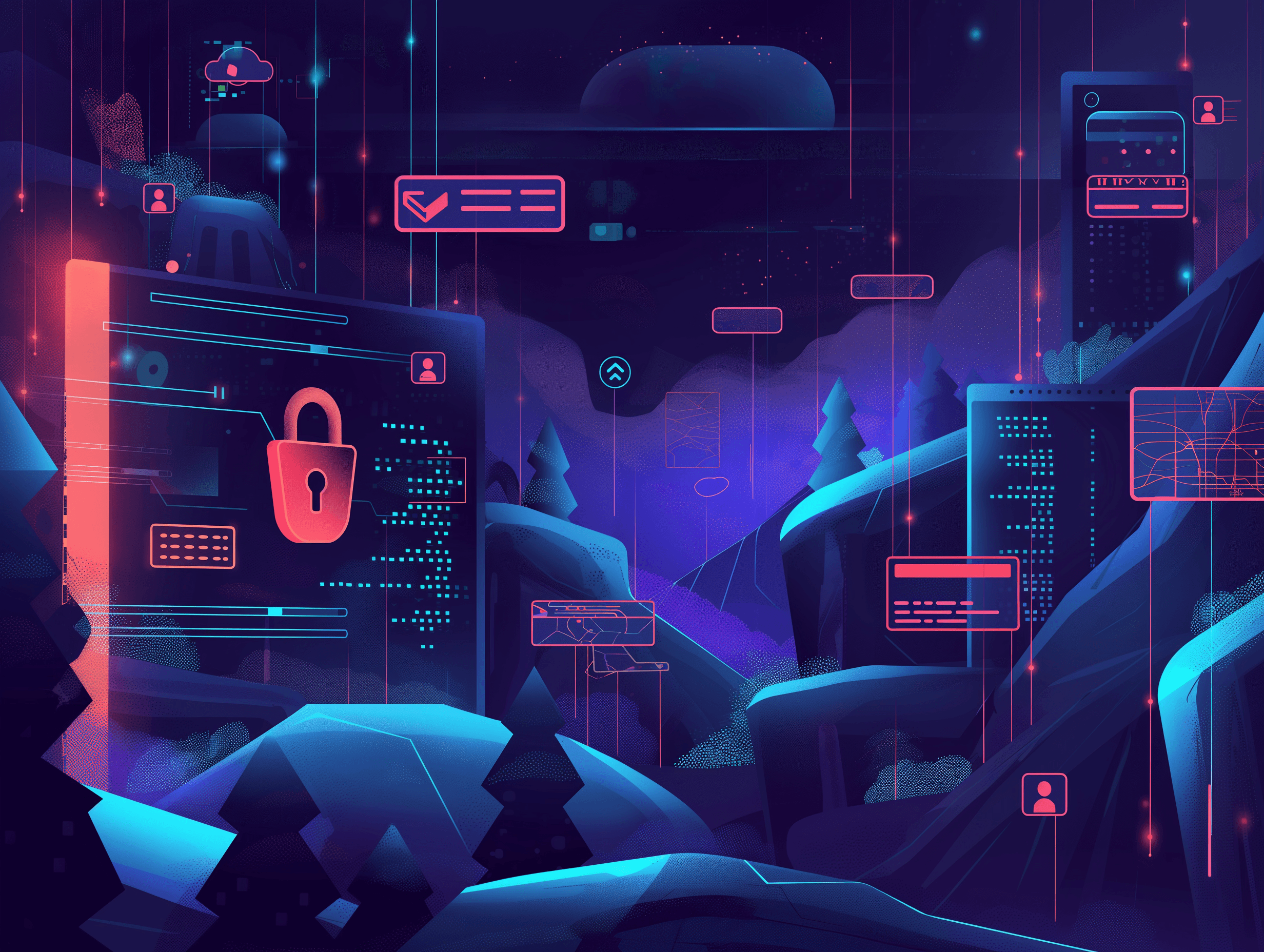Press
— Communiqés
Dec 4, 2018
|
Min Read
National Cyber Security Alliance Responds to Marriott Cybersecurity Incident
December 4, 2018 – Marriott International announced last week that it suffered a cybersecurity incident in which potentially more than 500 million Starwood customers had their personal data – including passwords, email addresses and passport numbers – compromised by an “unauthorized party.” This is the latest reminder for consumers worldwide of the need for vigilance in protecting their online accounts.
“As cybersecurity incidents continue to affect every sector of our economy, consumers can make their online accounts safer and stay ahead of the curve by updating the software on their devices to take advantage of the latest security patches,” said Kelvin Coleman, executive director of the National Cyber Security Alliance (NCSA). “For many, software updates are often procrastinated, but it’s one of the most fundamental cybersecurity best practices. With vast amounts of information collected and stored online growing by the day, so does the breadth and scale of data breaches. Despite these threats, consumers and businesses alike must remain committed to practicing the latest and best cybersecurity habits.”
NCSA urges Marriott Starwood customers – as well as all digital citizens – to take action now to secure their accounts by following these steps to stay safer and more secure online:
Use strong authentication — more than a username and password to access accounts — to protect your most valuable accounts including email, social media and financial. Visit Lock Down Your Login for additional ideas.
Keep clean machines: Prevent infections by updating critical software as soon as patches or new operating system versions are available. This includes mobile and other internet-connected devices.
Monitor activity on your credit cards accounts. If appropriate, implement a fraud alert or credit freeze with one of the three credit bureaus (this is free and may be included if credit monitoring is provided). For more information, visit the Federal Trade Commission website identitytheft.gov.
When in doubt, throw it out. Scammers and others have been known to use data breaches and other incidents to send out emails and posts related to the incident to lure people into providing their information. Delete any suspicious emails or posts and get information only from legitimate sources.
Marriott International set up an informational website, https://answers.kroll.com, and a call center, 877-273-9481, to answer questions.



